The Family Goddess Hestia: Mother of All Gods
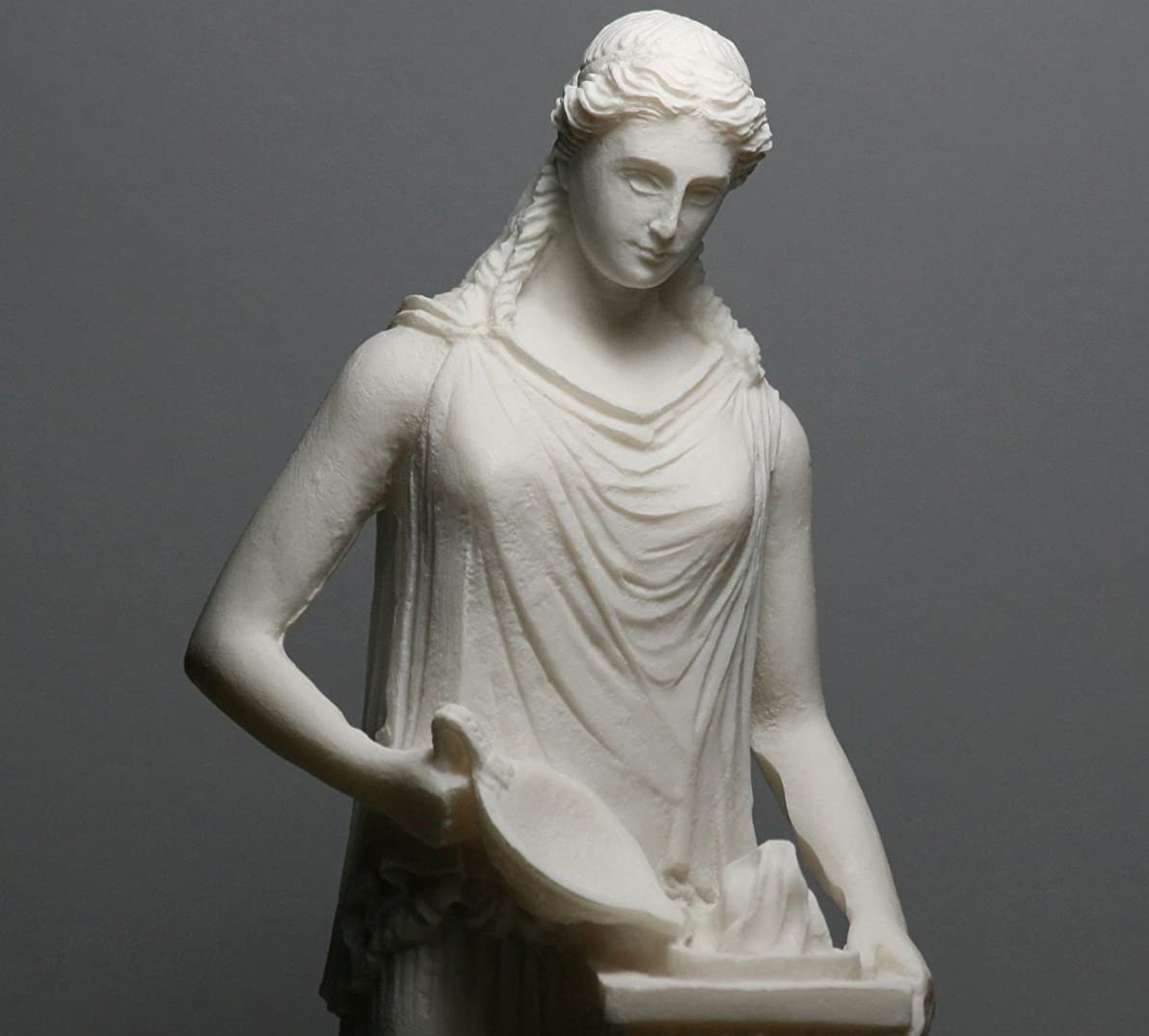
In this article, we are glad to focus on the most important value connected with Christmas. That is no other than Family.
Going back a few millennia and delving into the Ancient Greek Myth, we come upon Goddess Hestia. The Ancient Greeks were people who described life through Myth. They created a world of Gods in which their characteristics and aspects were so realistic, that it was hard to believe they were not true. Like in many other religions, in Greece the Dodecatheon gave the Ancient Greeks purpose and hope. It is no coincidence that it all started from the Family Goddess Hestia.
Read more to meet this great Goddess, understand the ideals she represents, her main characteristics, and what she uniquely symbolizes.
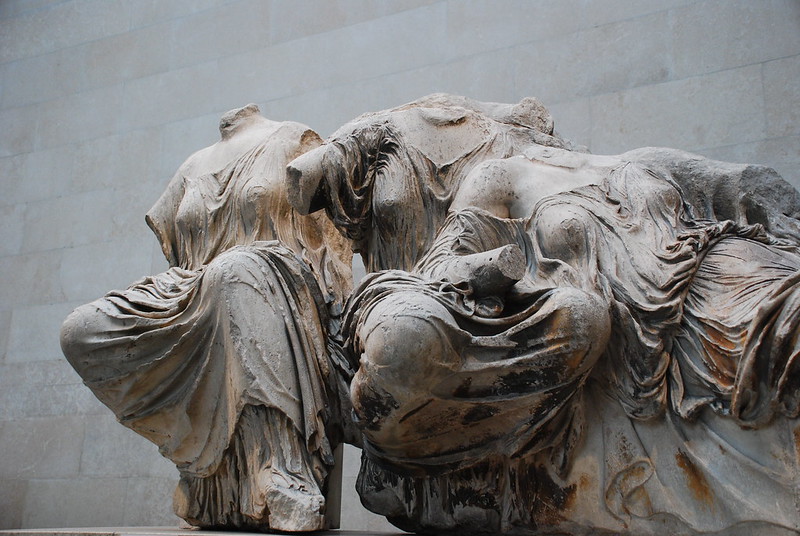
Who Hestia Was in the Ancient Myth
Hestia is among the earliest Goddesses of the Greek Pantheon. She literally represents the family sacred Hearth in many aspects.
Hestia is one of the most remarkable, respected, and modest figures of the ancient Greek Dodecatheon. Daughter of Cronus and Rhea, sister of Hera, Demeter, Poseidon, Zeus, and Pluto, and the protector of family life. She embodies harmony and happiness and is the personification of honesty and stability in marital and family life. As the eldest daughter of the ruler and sovereign of all, Hestia was from the beginning the Mother of All Gods.
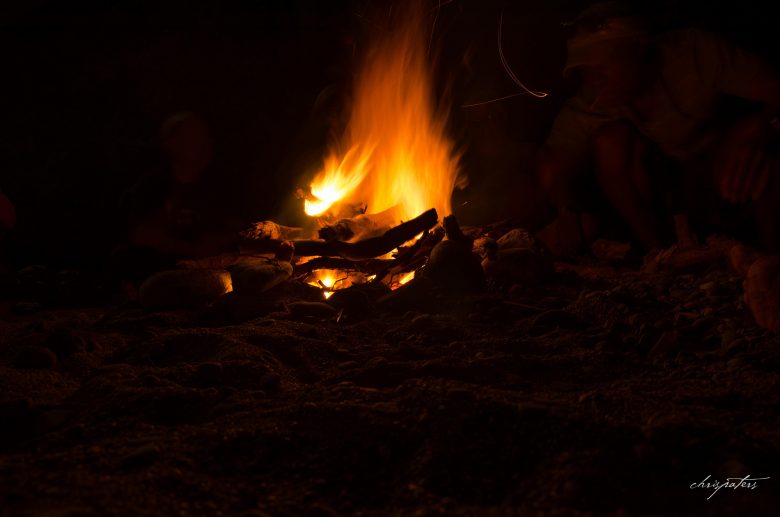
The Myth Around Goddess Hestia
In Greek mythology, Hestia is the Goddess of home, of home life, and family. She received the first offering at every sacrifice in the home but had no public worship. In Roman mythology the equivalent Goddess Vesta, who personified the public hearth, and whose worship bound the Romans in the form of an extended family.
Hestia is the firstborn child of Cronus as well as the eldest from the 12 Olympian Gods. The birth of Hestia dates to almost the first years of theogony and more precisely to the time of the dethronement of Uranus by his son, Cronus. Cronus, wanting to secure his power, decides to exterminate the only threat to his throne, his children. Despite Rhea’s pleas, he swallows everyone except Zeus. Zeus later manages to trick him and bring his siblings back to life. Hestia quickly reciprocated the good that her brother did to her.
From the moment that Zeus took over the Kingdom of Heaven, she helped him in the extermination of the Titans. This way Zeus established his power. Zeus, appreciating her offer, proclaimed her Goddess of Olympus. He gave her the unique privilege of obtaining whatever she wanted and desired with or without his mediation. In addition, it gave her the right to be honored in all the temples of the gods without exception.
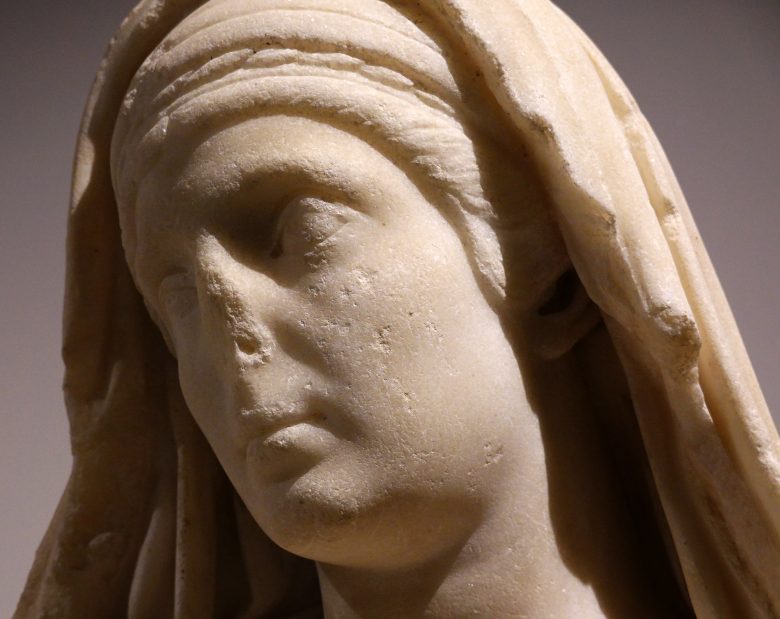
Goddess Hestia as a Virgin Goddess
Hestia was shy and modest, timid and an introvert, however, she had one special characteristic. She opposed the idea of marriage and in love affairs with anyone who wanted her. Many remarkable lovers and among them important Gods had from an incredibly early age tasted her categorical rejection. Showing constant resistance to all erotic challenges, she coldly and persistently refused the game of a tender adventure. Faithful and irrevocable in her decisions and principles, she did not hesitate to reject Apollo and Poseidon. Even if had fervently expressed their admiration and interest in her, she never caved. Committed to the oath of the sworn virgin and committed to the service of home and family, she had consciously eliminated any erotic thoughts that might betray her sacred oath.
She was a Goddess with solid ideas, beliefs, and ideals. No love siege could make her succumb and no situation could deceive her, or even divert her from her main goal. Her complete devotion to the protection of family well-being and warmth, to the preservation of the sanctity of marriage, family, and home.
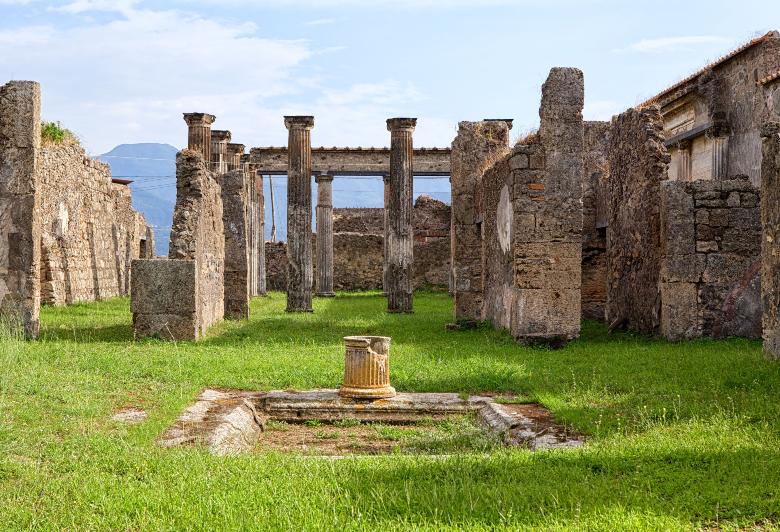
The Symbolism of Goddess Hestia
Hestia was the fairest and most righteous of the Olympian Gods and therefore dedicated to what she advocated. She was philanthropic and because of the peace, gentleness, and serenity that distinguished her, she never participated in any wars. Her name means „home and hearth“: the house and its inhabitants. Hestia symbolizes the alliance between the colonies and their mother-cities. The ancient Greeks attributed it to the construction of the first house. The main part of the house was wherever the fireplace was at and that space was dedicated to Hestia and what she represented. It was around the fireplace, where all the family members gathered around her. Being the goddess of the hearth, she is the living flame that burns incessantly in the center of the house, the temple, the city.
Hestia was not the Goddess who was closed and confined within the narrow walls of a house. Her dimensions, her powers, and responsibilities very quickly expanded. Therefore, gradually as a Goddess she not only represents the home, but also the earth, and the whole universe.

Hestia symbolizes as well the purification and rebirth that comes out of the fire and spreads thus the joyful message of renewal and reconnection with the center. She is the sacred fire, and the vessel through which humans connect with themselves and with the Divine.
On the other hand, she symbolizes the Divine Light and the Sacred Circle as a symbol of gathering, sharing, and collectivity. She symbolizes individual and social life. She is the symbol of balance and Unity.
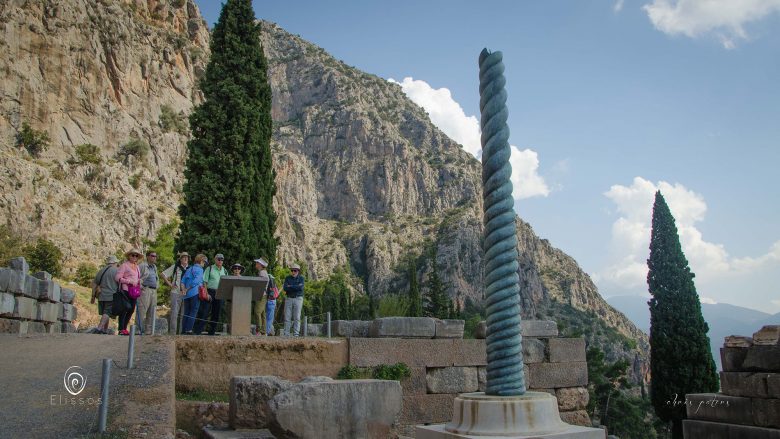
The Delphic Hestia as Common Home of All
Hestia’s altar in Delphi was the „Common Hearth“ of the Greeks. The sacred fire of the Temples was lit from there, which never went out. In the Sanctuary of Apollo in Delphi, the altar of Hestia was a sacred place of great respect. There the Greeks saw the „Common Home“ of Greece and the World. There burned the „immortal Central Hearth“, which symbolized the eternal fire and the beginning of all earthly life.
Our Sacred Hearth
In these unique and somewhat uncertain times, we all experience that having the love and support of our families can take us a long way. Family can be our beloved ones who stand by our side, support, and guide us through our life journey. As well, a family is people who are constant in our lives and create a sense of stability, which is very much needed nowadays. Our family by blood, and our family by choice.
Apart from maintaining the bonds with our blood and extended earthly family, our sacred Hestia includes maintaining the loving connection with our selves. It comprises to maintain the bonds with our true center and with the hearth of our spirit and soul. We as well ought to keep alive our inner Home and Sacred Fire.
We at Elissos wish you this Holiday Season to be filled with Hestia, Love, and Gratitude!
